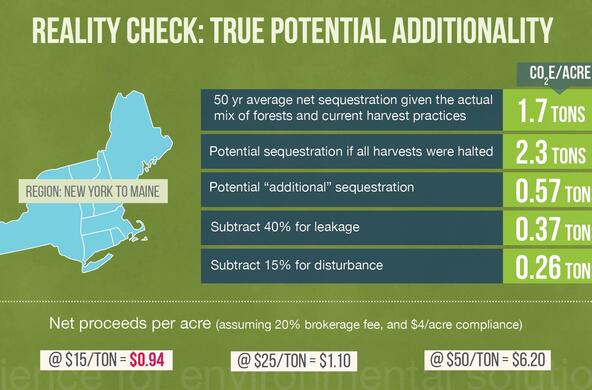Recently, when I saw the driver of an SUV pitch a soda can out the window, I wondered “how many cans would he need to recycle each day to make up for the energy he uses to drive his SUV?” May be that I am a zealot, but perhaps each of us can do a few little things each day that can help redeem our bigger sins against the environment.
The statistics were not difficult to find and rather sobering. U.S. citizens recycle more than 60% of all beverage cans each year, and each can saves 94% of the energy that would be used to make aluminum from new ore. Each can that is recycled saves 2.1 megajoules (MJ) of energy (a megajoule is roughly the energy contained in one fluid ounce of gasoline). So the 60,000,000,000 cans that are recycled each year save a lot of energy—but only 0.15% of the annual energy used in the United States.
Now consider our driver. Suppose he had the choice of driving an SUV that gets 20 miles per gallon, or a higher efficiency vehicle that gets 30 miles per gallon. And suppose, like the average American, he drives about 40 miles per day, or 15,000 miles per year. With the low efficiency vehicle, he uses roughly 2 gallons per day, whereas with a higher efficiency vehicle she would use only about 1.3 gallons.
Each gallon of gasoline contains 132 MJ of energy, so the driver in the SUV uses 264 MJ of energy each day, whereas a driver of an alternative higher efficiency vehicle would use 172 MJ per day. The difference—92 MJ—is equivalent to recycling about 44 beverage cans every day. That’s a tall order even for the most thirsty citizen.
Daily commitment to a better environment is not fulfilled when we have carried our recycling bins to the curbside. There are many other and more important activities that a concerned citizen should undertake to benefit the environment. Even though per capita travel has declined, total vehicle miles traveled in the U.S., have hovered at about 3 trillion/year for the past decade.[i] Transportation now consumes nearly 30% of all the energy used in the United States, leading to rising concentrations of carbon dioxide in Earth’s atmosphere, an increasing portion of our landscape paved with concrete, and a rapid increase in the time that each of us spends waiting in congested traffic. There must be better alternatives!
Electric cars are often touted as an alternative to gasoline-powered vehicles. But, electric cars depend on electricity that is too often generated by coal-fired power plants, which pollute the atmosphere with carbon dioxide, nitric oxides and mercury. Unless air pollution and carbon-capture technologies are employed, electric cars simply make us feel good, because we don’t see the gasoline we use, nor smell the exhaust from our tailpipes.
Higher mileage standards—that is, greater Corporate Average Fuel Efficiency (CAFE) standards—are a good tenet of rational national energy policy. The average fuel efficiency of cars sold in the United States last year, 23.6 miles per gallon, has scarcely improved during the last five years. But, the technology to produce a car getting 55 miles per gallon is available from Honda and Toyota today.
Higher gasoline taxes that can be used to provide effective, convenient public transportation are another obvious solution—one that has even received support from some of the major automobile and petroleum companies. Higher gasoline taxes would preserve the choice that each of us has when we shop for a new vehicle—large or small—shifting the costs of environmental damage to those who drive most.
Recycling paper, cans and bottles has not solved all of our nation’s environmental problems, but it has been an easy and obvious way to reduce material going to the landfill and in many cases it can reduce energy use. Just so, curbing the use of gasoline and other significant energy expenditures in our daily life is an obvious way to reduce our dependence on foreign oil, stabilize the climate of our atmosphere, and preserve a quality environment for the future.
This article reflects contributions from Andrew J. Friedland, Professor of Environmental Studies at Dartmouth College.
[i] Another example of how rising human population negates the best efforts to clean up after ourselves.






